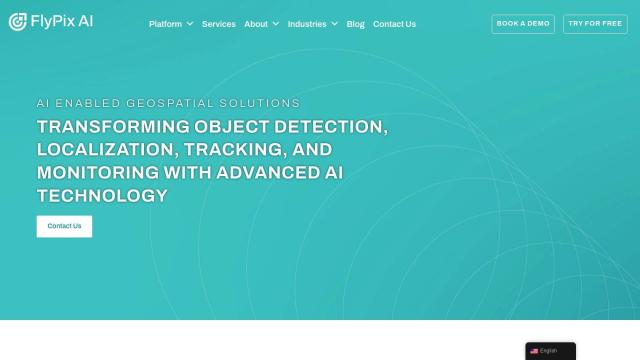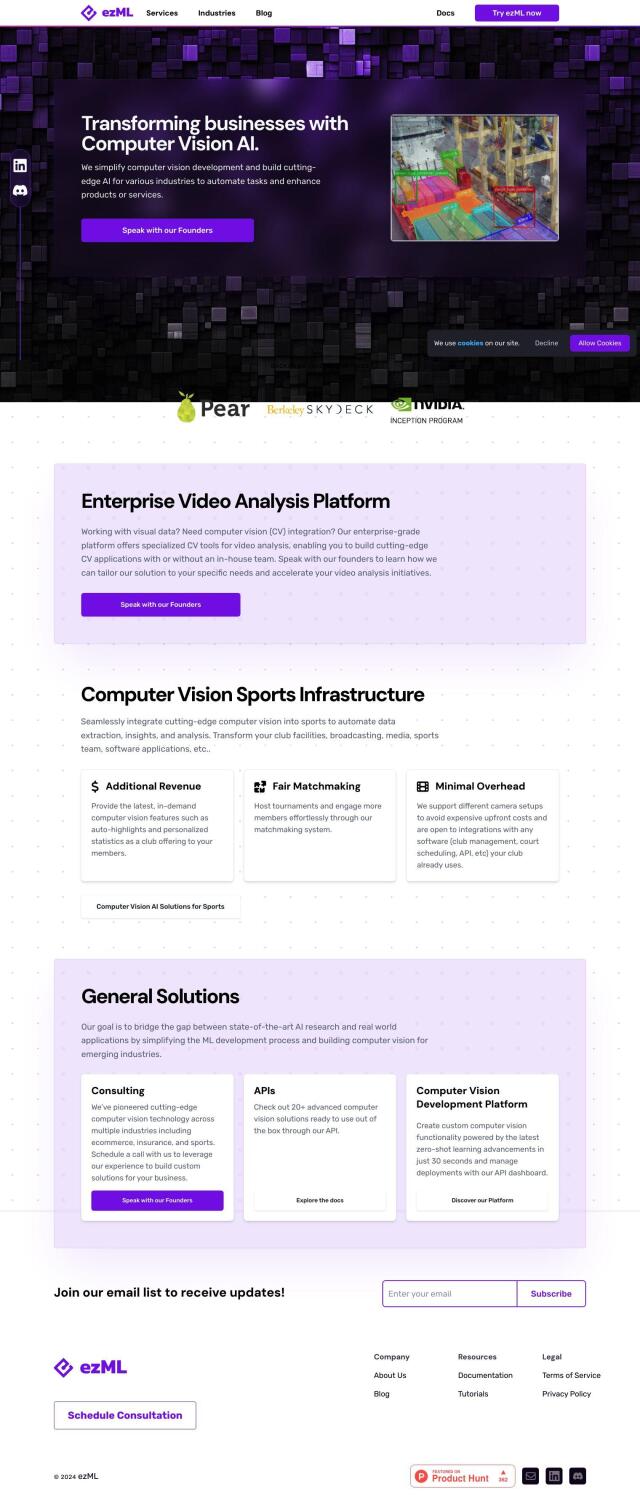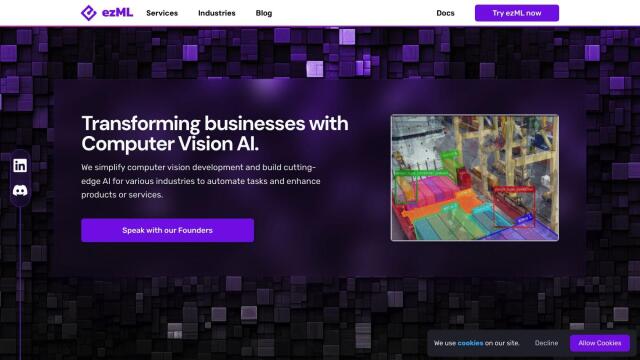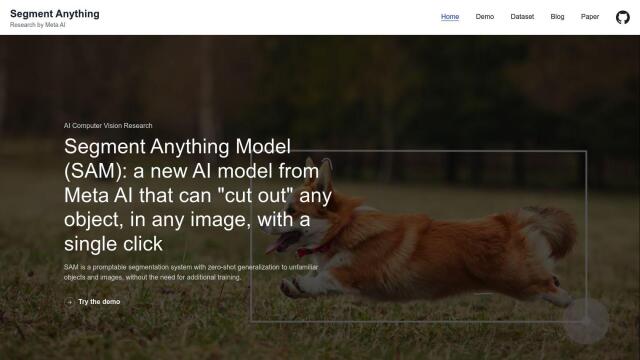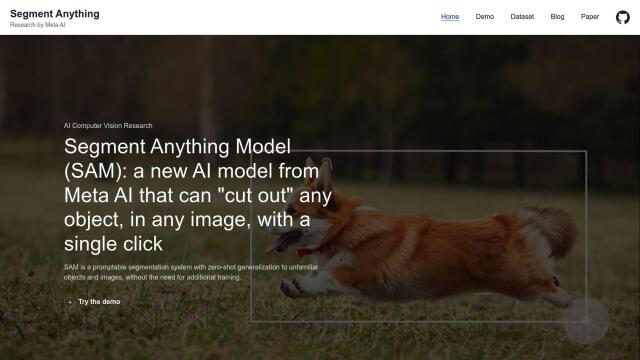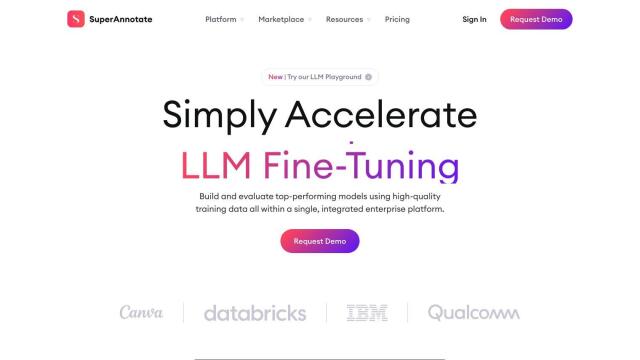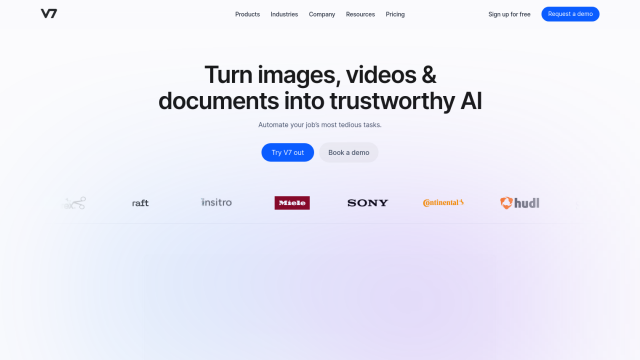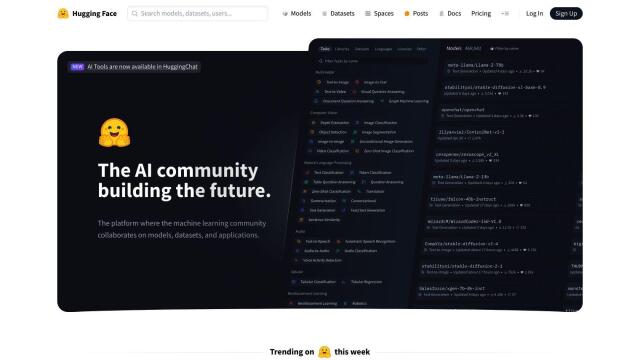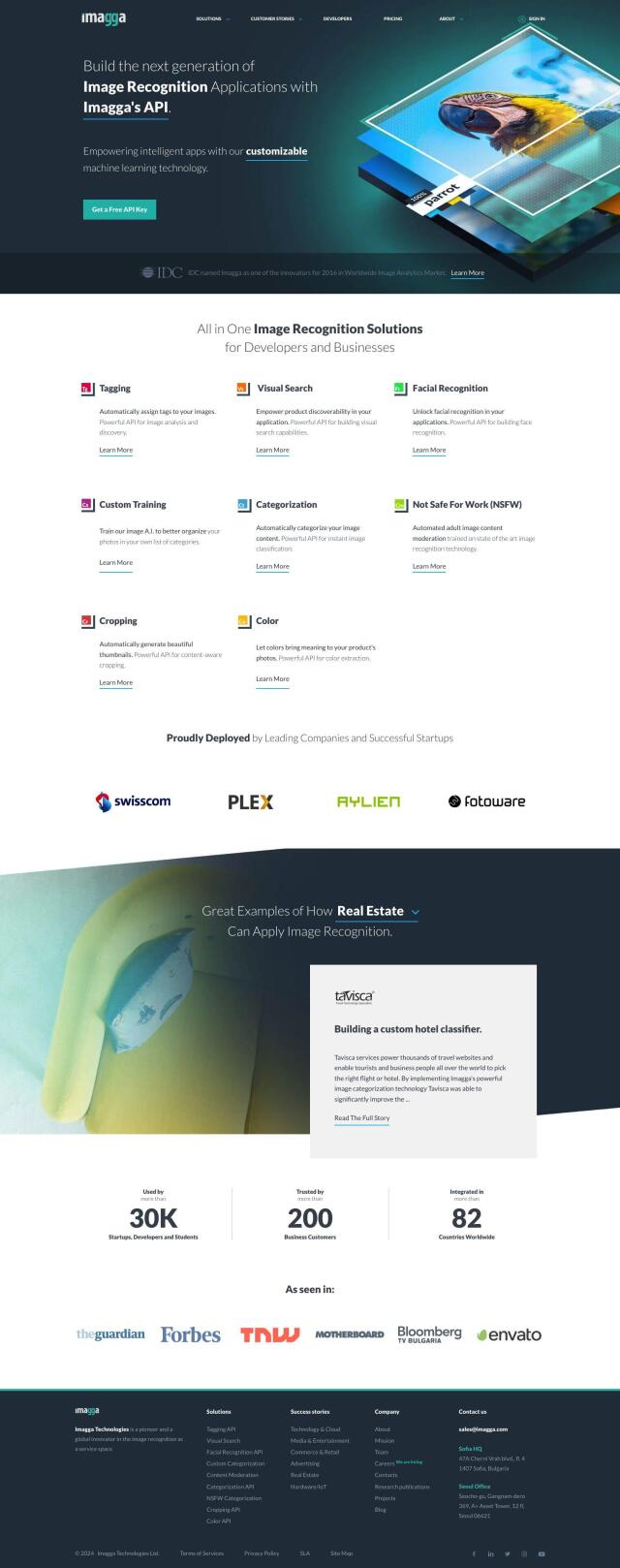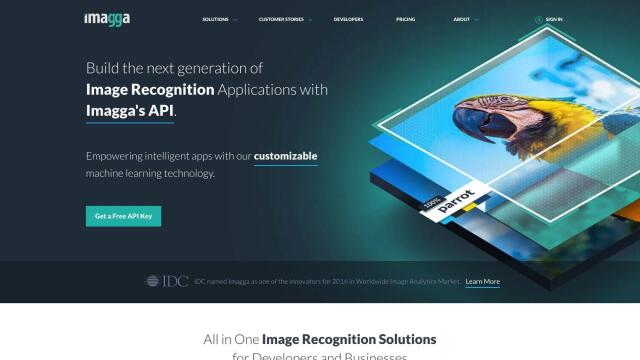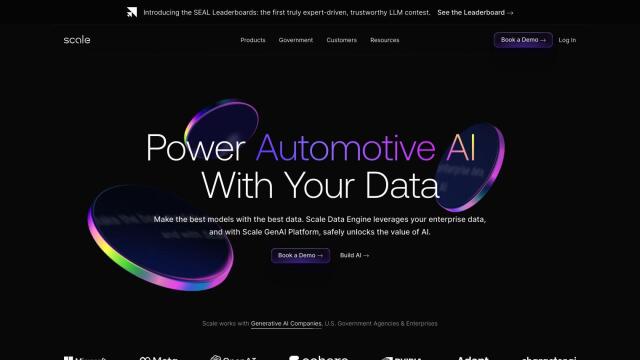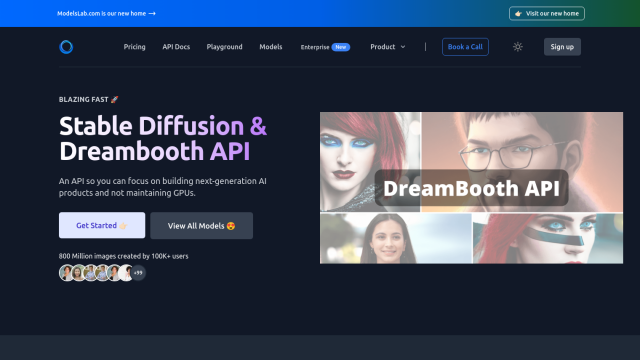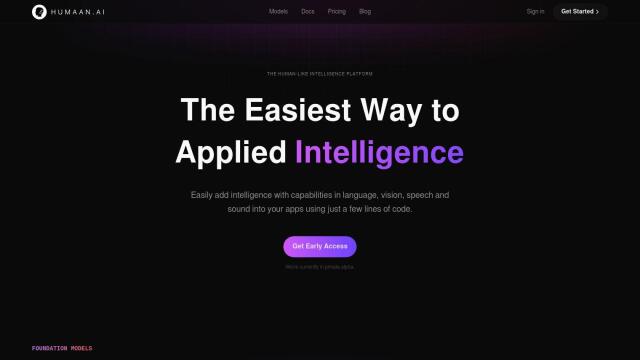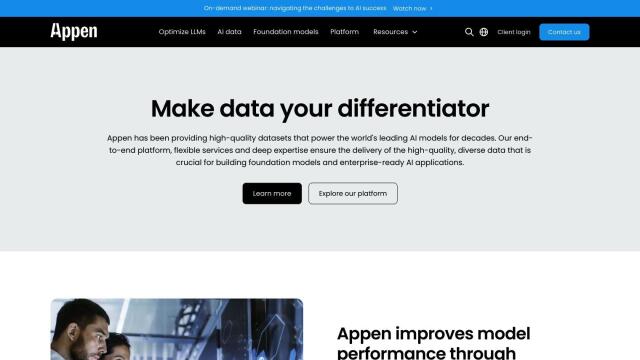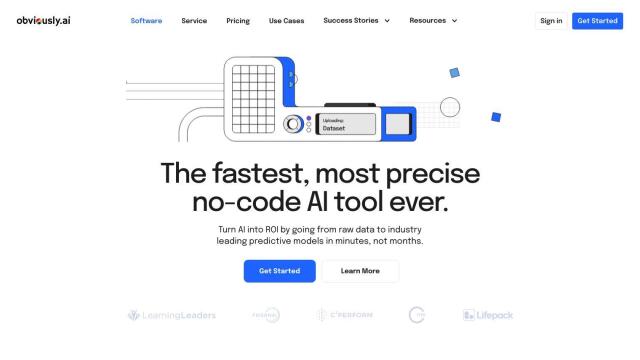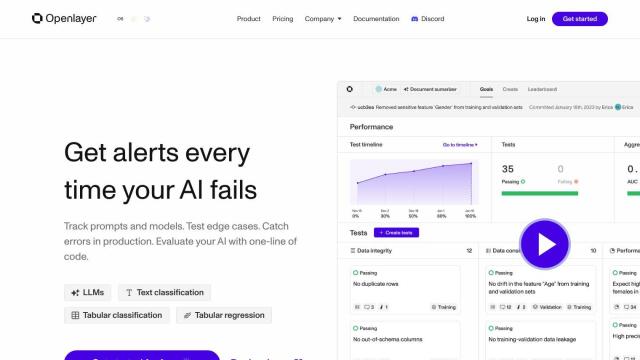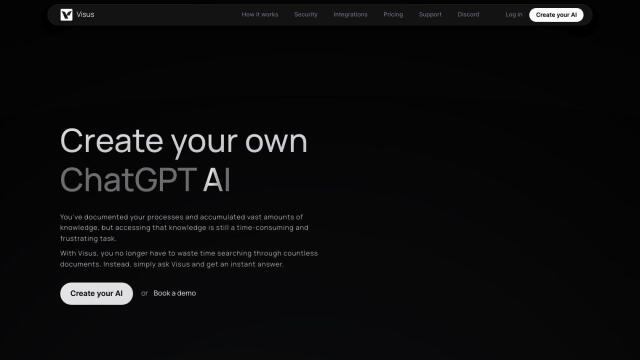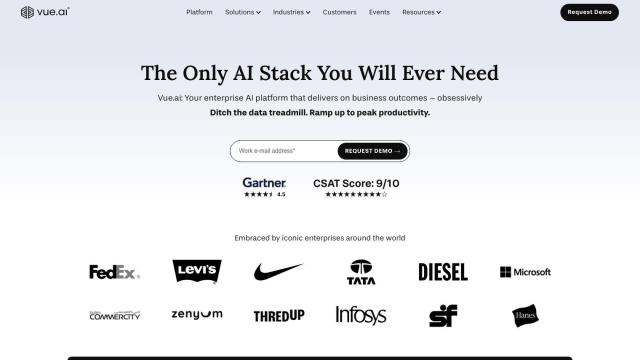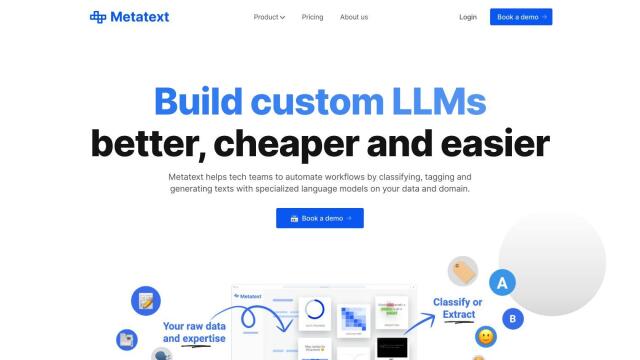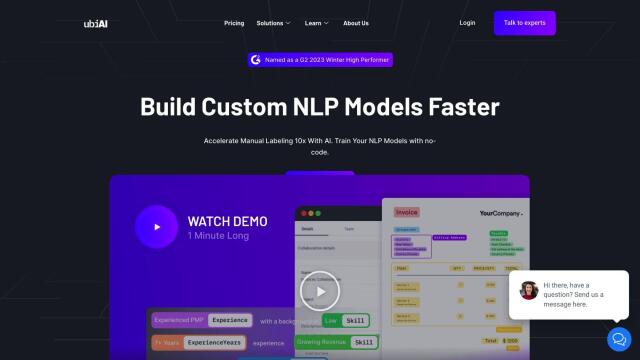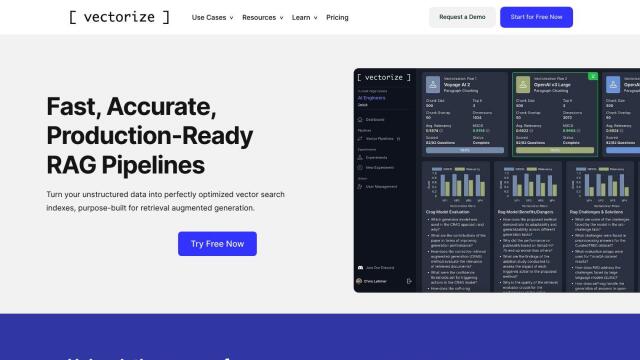Question: Is there a tool that can help me build custom object detection models for my specific industry or use case?

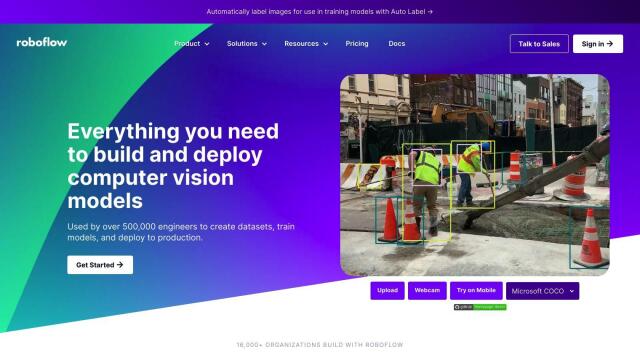
Roboflow
If you want a tool to build your own object detection models for your particular business or use case, Roboflow is a good option. It's an all-in-one training and deployment system for computer vision models, with automated annotation tools and a variety of deployment choices. The system can be integrated with TensorFlow, PyTorch, YOLO and other frameworks, and can deploy to cloud and edge computing systems. It also comes with more than 50,000 pre-trained open-source models and has strong security controls, making it good for developers and enterprises.

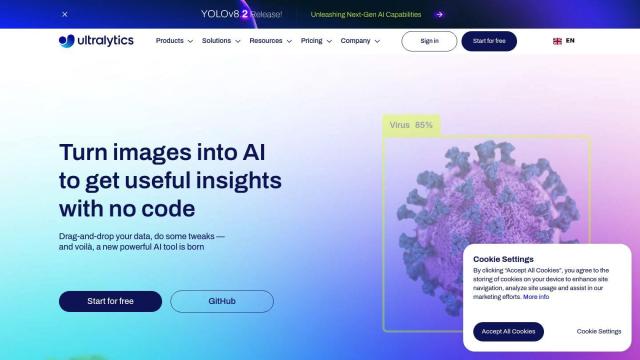
Ultralytics
Another option is Ultralytics, a full-stack vision AI platform that lets you build powerful AI models with a lot less programming. It can perform real-time object detection with Ultralytics YOLO, and it has features like no-code AI model creation, mobile support and deployment to a variety of model formats like TensorFlow and ONNX. It also comes with pre-built templates and an interface that's designed to be easy to use, so it's good for startups and enterprises.

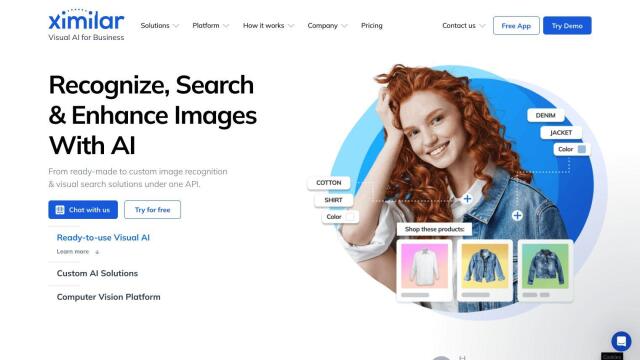
Ximilar
If you're looking for a platform more geared toward image recognition and visual search, Ximilar offers AI-powered tools for tagging, describing, categorizing and searching images. You can train your own models and then use a REST API to embed them into your own system. The company promises transparency and security, so it's a good fit for e-commerce, fashion and real estate.

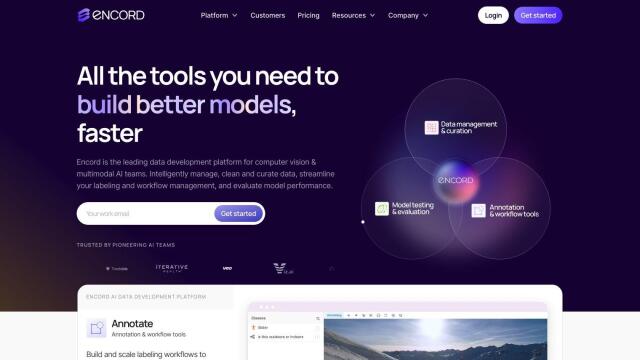
Encord
If you need a more general-purpose data development platform, Encord offers tools for ingesting data, cleaning it, curating it, automatically labeling it and evaluating model performance. It can handle different types of annotations, and offers automated labeling, workflow customization and expert review of the data. Encord is designed to integrate with a range of storage and MLOps tools and has strong security and compliance with standards like SOC2, HIPAA and GDPR.

